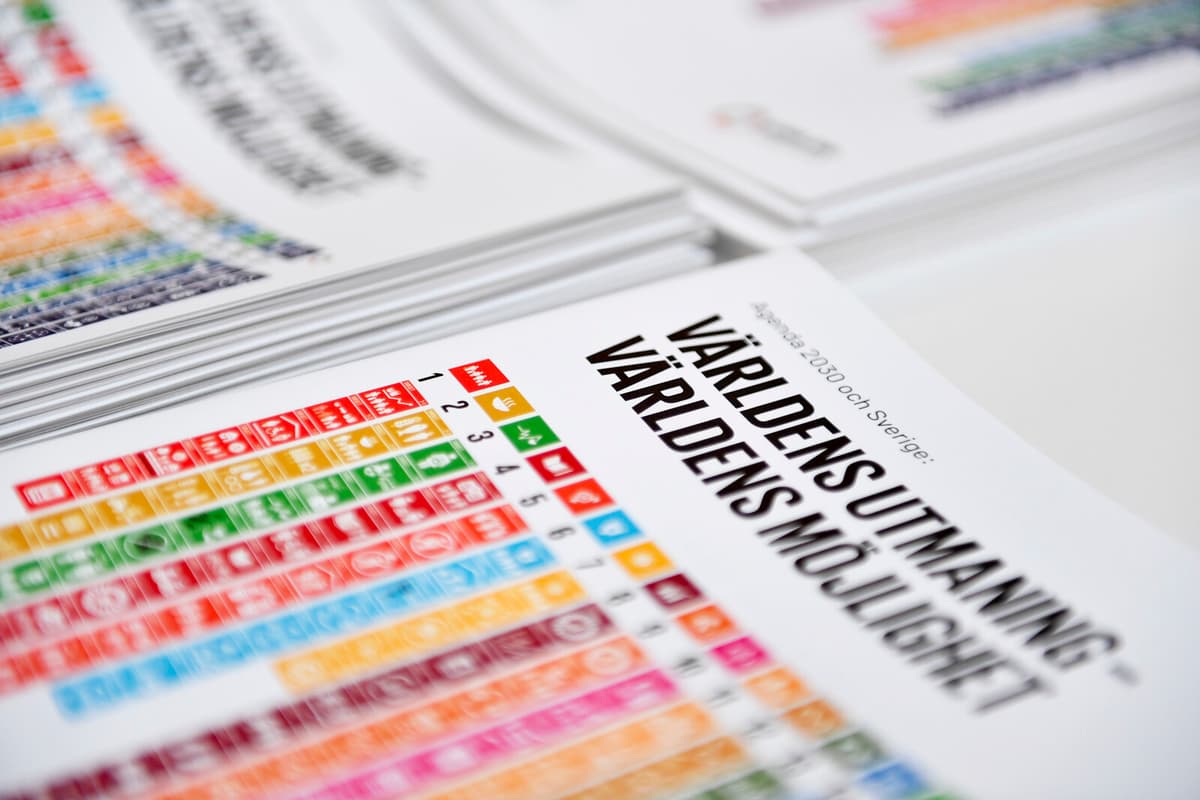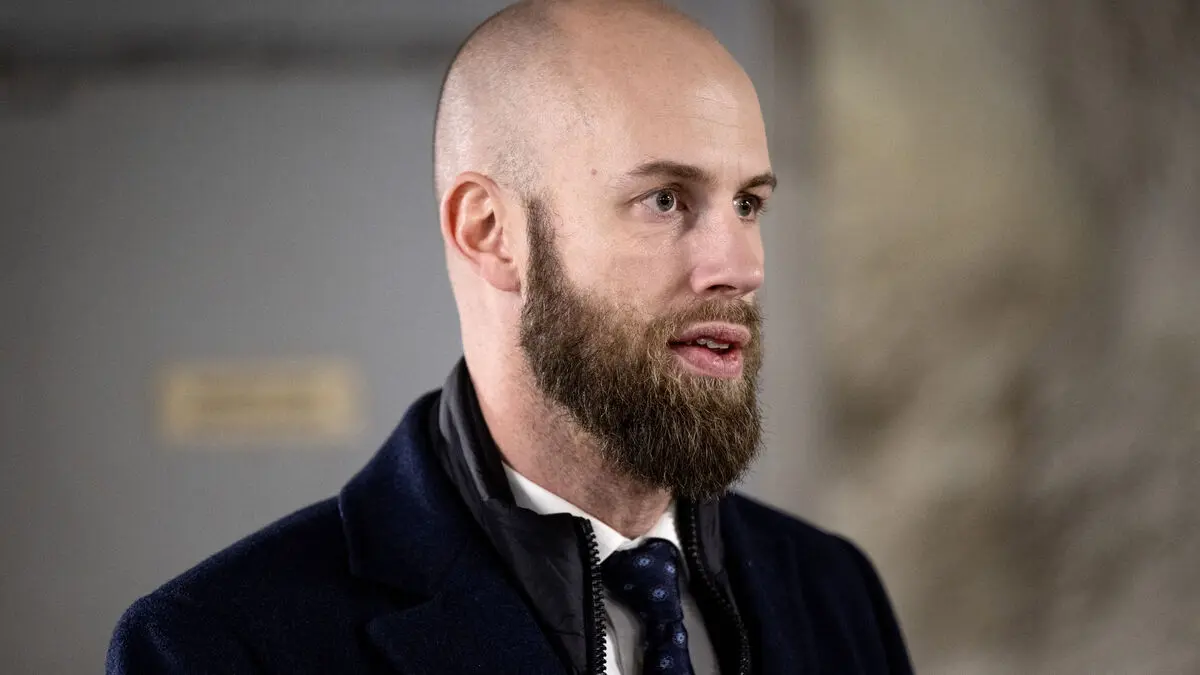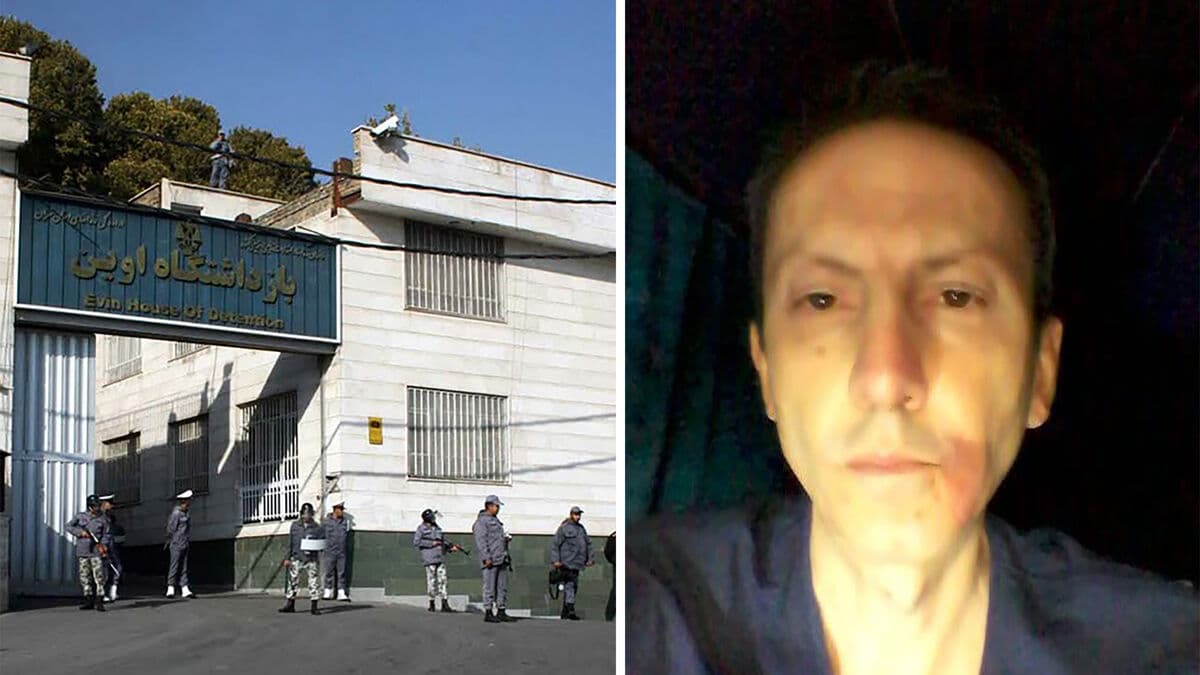For ten years ago, Agenda 2030 was adopted by all UN member countries. The agreement contains 17 main goals, which must be achieved by 2030 at the latest.
But Sweden's work with Agenda 2030 has major shortcomings, notes the National Audit Office, which has reviewed how it has been in the last ten years. Most seriously, there has been no clear direction in the work with clear priorities. The government has not worked efficiently, which has affected the work of the authorities.
No overall picture
We can see that it has become more difficult for the authorities to work with these issues because they are not quite sure what the government expects of them. There have been fairly clear signals that they should work with Agenda 2030, but it has been much more vague what and how they should do, says Karl Nilsson, audit director.
Despite the fact that the work with Agenda 2030 has been going on for almost ten years, there is no overall picture of how to achieve the goals and sub-goals. Above all, this is because the government prematurely discontinued the Statistics Sweden's (SCB) mission to develop indicators for how Sweden will achieve the goals.
The National Audit Office also notes that the reporting to the Riksdag is lacking - and has deteriorated. The latest from 2024 is incomplete and lacks reporting that makes it possible to follow the development over time.
Ambition level has decreased
When the work began in 2016, Sweden placed high in the ranking of goal fulfillment, but despite high ambitions, it has not come much closer to the goals. During the review, the National Audit Office has seen how the government's ambition level has decreased and the coordination of the work has been weakened.
We see that the ambition level has decreased in recent years and it shows in several different ways. There are fewer authorities that have assignments related to Agenda 2030 and there is, for example, no national coordinator anymore.
The National Audit Office now recommends that the government make a clearer prioritization within the work with the agenda, clarify what responsibility the authorities have for implementing it, and ensure that there is a follow-up that provides a relevant and overall picture to the public and the Riksdag.
Agenda 2030 was adopted in 2015 and contains 17 main goals, which must be achieved by 2030 at the latest:
1. No poverty
2. No hunger
3. Good health and well-being
4. Good education for all
5. Equality
6. Clean water and sanitation for all
7. Sustainable energy for all
8. Decent work and economic growth
9. Sustainable industry, innovation, and infrastructure
10. Reduced inequality
11. Sustainable cities and communities
12. Sustainable consumption and production
13. Combat climate change
14. Oceans and marine resources
15. Ecosystems and biodiversity
16. Peaceful and inclusive societies
17. Implementation and global partnership
Source: UN






